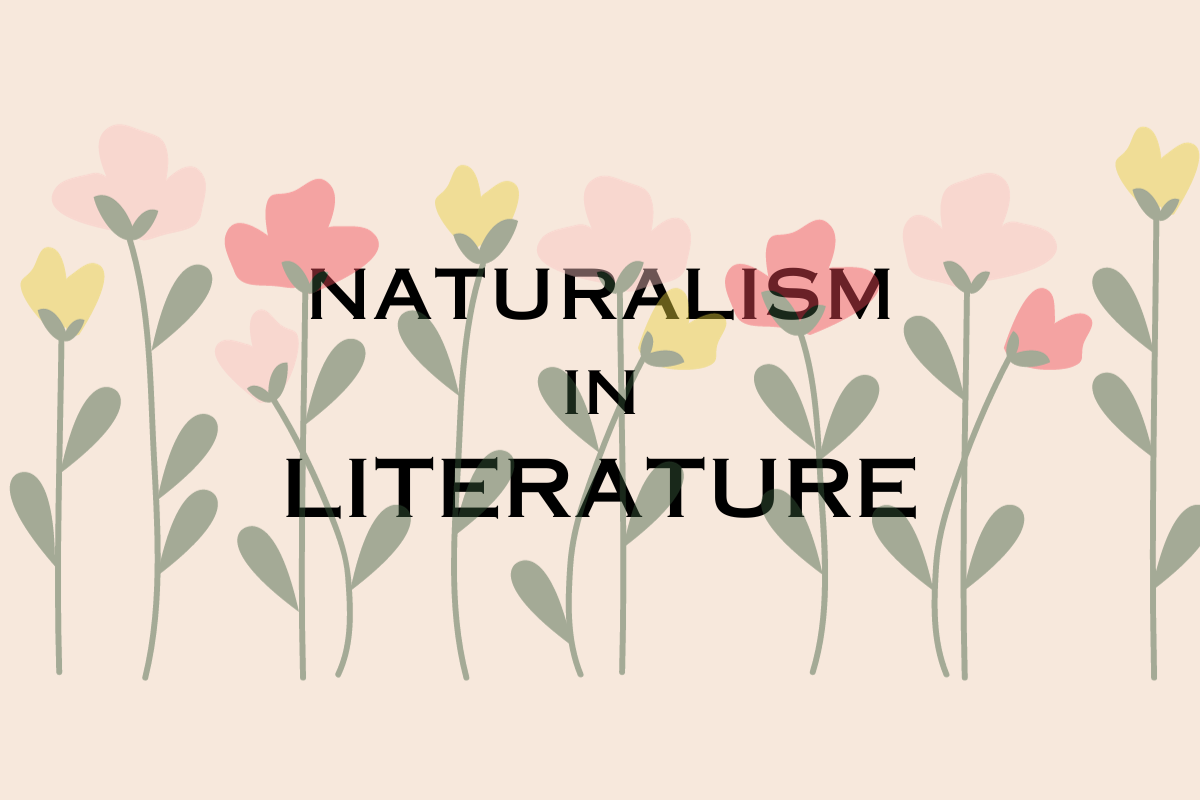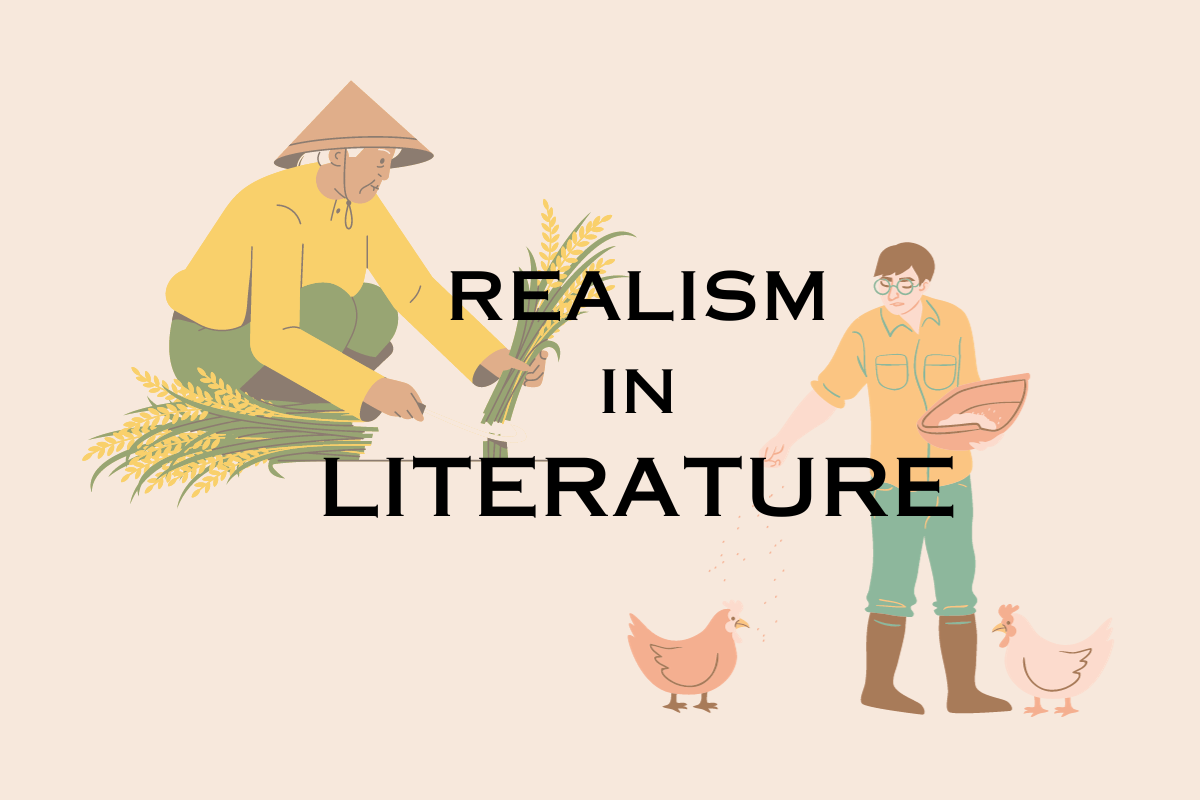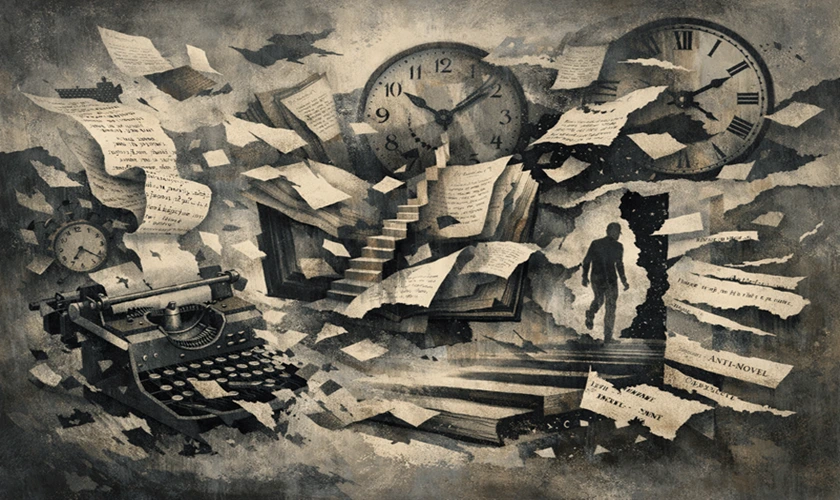Naturalism originated in literature towards the end of the 1800s as an offshoot of literary realism, and it focuses on an extremely objective representation of individuals and their interactions. Naturalist literature often portrays the darker or uglier elements of life, with characters and their web of relationships functioning in a difficult and usually hostile environment.
Naturalism pushes for a level of objectivity that is unemotional or science-like in nature. Naturalist authors were influenced by and, in some ways, operated in conjunction with Charles Darwin’s theory of evolution. To keep you engaged in the study of naturalism, we will look at a few other authors and explore the world of naturalism!

Father of Naturalism
Émile Zola is widely recognized as the father of naturalism in literature and perhaps one of the main founders. He promoted naturalism and firmly believed in the principles of naturalism in much of his literature and criticism. Zola’s writings and essays on literary criticism helped articulate the theoretical foundations of naturalism and deeply impacted the writers of his time and even contemporary writers and authors.
Key Characteristics of Naturalism in Literature
Below are the main elements of naturalism in literature:
- Determinism: This central theme depicts characters as greatly influenced by their environment, genetics, and circumstances in society which shape their actions and futures. Outside forces deeply influence their actions and outcomes; they distinguish the little power a person possesses.
- Pessimism: Naturalist literature depicts a pessimistic view, where people often become trapped in hardship amidst the surrounding world. This perspective derives from the naturalist mission as it aims to depict the harshness of life.
- Objectivity: Naturalist writers seek to represent characters and events removed from prejudice, or without moral judgement. This permits the reader to draw their own conclusions about their actions and respective character.
- Attention to Detail: Naturalist writers are meticulous about detail; usually expounding descriptive settings, characters, and situations. The attentiveness to detail advances the realism and “reading-in” of the full experience.
- Social Determinism: Social Determinism is also a theme in naturalism. It centers on social forces impacting people’s lives, such as poverty, class, and customs of society, relevant to the character’s existence. The character faces these social forces, sometimes overcoming them, sometimes living with or facing difficulties.
- Survival & Instinct: The natural world is often explored and affects human instincts and behaviors. In these narratives, the characters’ primal instincts or survival mechanisms are depicted and evaluated.
Prominent Naturalist Authors and Works
Below is a compilation of several prominent authors, along with their works in naturalism.
1. Émile Zola: Émile Zola is mainly recognized as a pioneer of naturalism. Some of his works include Germinal and Thérèse Raquin. Both works feature individuals living ordinary lives. Zola explores the struggle of the individuals and the environment that shaped their fate.
2. Stephen Crane: Stephen Crane would also be a well-known author for his novel The Red Badge of Courage. This novel focuses on the struggles faced by soldiers in the Civil War, including their psychological and physiological struggles. The themes depicted in Crane’s writing embrace the naturalist movement.
3. Jack London: Jack London would be recognized as an author that explores the struggle between human beings and the fierce forces of nature. For example, works like To Build a Fire showcase the significance of instincts and survival against the harshness of the setting.
4. Frank Norris: Frank Norris wrote the novel McTeague, which looks into the moral degeneration of a dentist due to setting and circumstance.
Naturalism as a literary movement had an enormous effect on shaping modern literature. The form had a profound influence on writers to explore the notion of the connection between nature and society deeper.
Frequently Asked Questions
Q1. How to identify naturalism in literature?
Ans. When looking to identify naturalism, look for an omniscient narrator who is objective and distanced , characters molded by their environment and heredity, themes of struggle and survival, and a world view that is rather pessimistic or deterministic rather than one of free will.
Q2. Why is naturalism important in literature?
Ans. It gives a frank and realistic depiction of life and humanity as is evident in the focus on social realities, limitations on humans, and the influence of external forces (e.g., natural forces, fate, and society).
Q3. When did naturalism in literature start?
Ans. Naturalism emerged in the late nineteenth century and was in part a product of the scientific thought of the day, realism in literature, particularly the theories of Darwin and his theory of evolution.
Q4. How does naturalism differ from other literary movements, or what makes naturalism unique?
Ans. It differs from other literary movements considerably due to its scientific approach excluding romanticism, determinism versus free will, and characterization as a product of the environment.
Recommended: Feminism in Literature | Origin, Characteristics and Types




